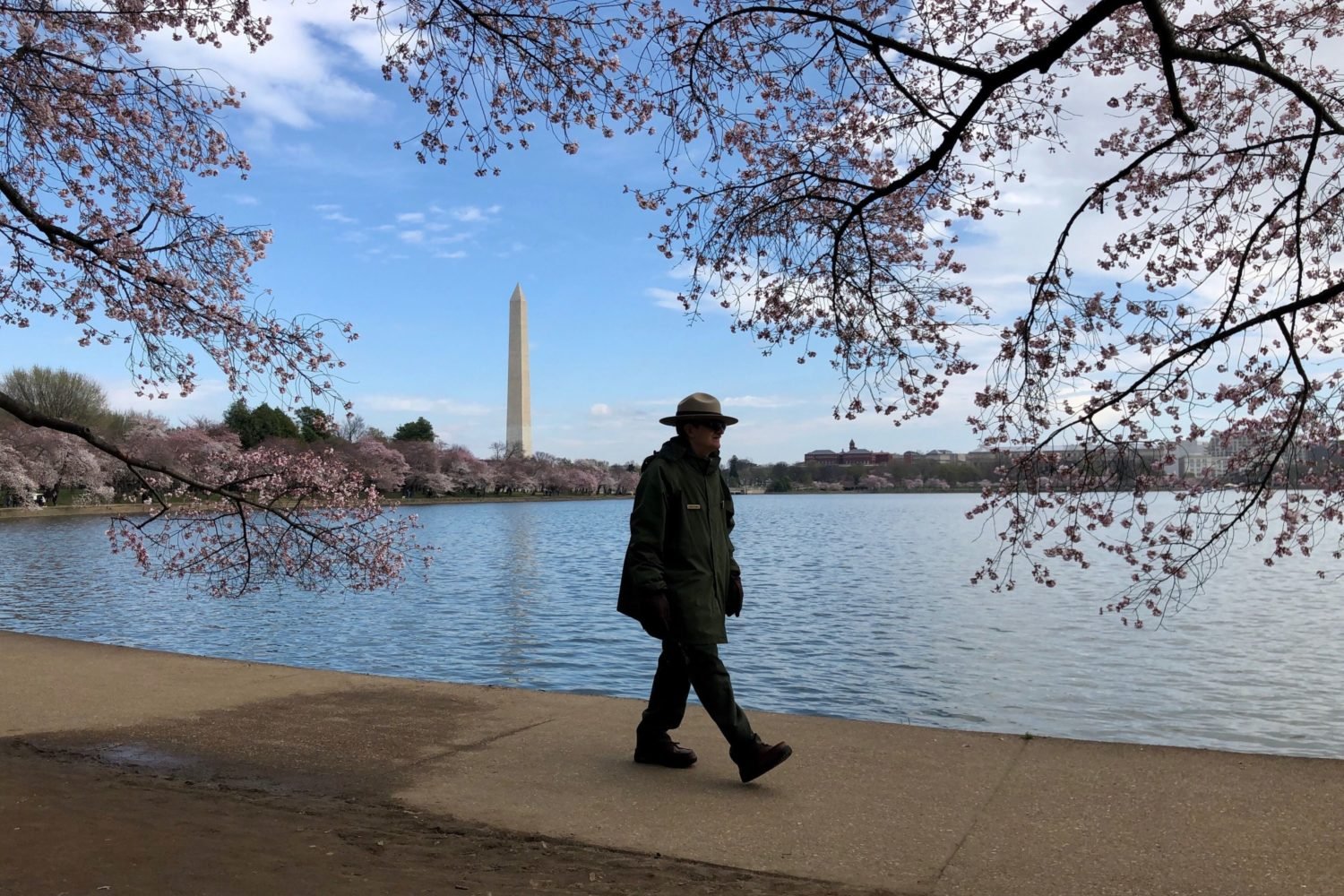About Coronavirus 2020
Washingtonian is keeping you up to date on the coronavirus around DC.
One interesting side effect of the Covid-19 pandemic? The pilgrimmage of young, unmarried folks from their small, urban apartments to their hometowns, where they’re holing up with their parents.
For many of these 20-and-30-something professionals, this will be the most time they’ve spent with their moms and dads for…years. And shacking up with your parents as a 19-year-old home from college, waking up at noon and eating cereal on the couch for hours, is a little different than shacking up with your parents as a 28-year-old attorney.
“I’m concerned that I drove right into the flames of the Florida outbreak, but why not spend time with my parents who I haven’t lived with in seven…maybe eight…no, nine years?,” says Rachel, 27, who works in politics and drove 12 hours from Arlington to her childhood home outside Orlando last week. (She asked to just use her first name because, politics.)
She was feeling trapped in her small apartment, so she decided she’d go ride it out in a bigger home with a yard. For now, she’s planning to stay with her parents indefinitely, sleeping in her sister’s bedroom because her parents, of course, turned her bedroom into a home office.
While Rachel was worried about the possibility of carrying the virus into her parents’ house, she ultimately decided heading there was the best move for her. “It was kind of weighing my mental health versus the virus, which I know is actually a struggle a lot of my friends are having,” she says. “A number of people have decided to just risk it.” So far, everyone in Rachel’s family has been healthy, she says.
So what’s it like reliving the glory days back home? Well, for one thing, Rachel has realized her parents have enough food to last a series of apocalypses—they freeze everything. “They’ve been saying we have to go buy chicken, but I checked our outside freezer, and I’m pretty sure we could be bunkered down for multiple weeks,” she says. “We have two giant Costco-sized tubs of margarine. Like, I don’t even know how you need that much margarine for what has been two people living here.”
And, yes, if you’re wondering—she still has to do chores. “My mom’s like, ‘Before you do anything else, can you unload the dishwasher?,’ which just brings you back to high school,” says Rachel.
To pass the time, the family has invested in a few puzzles, and Rachel and her mom are watching Schitt’s Creek together. “She got excited because she had someone to watch [shows] with,” says Rachel. “My dad does not share the same tastes.”
Rachel has also taken on the role of the social distance enforcer. Like many boomer parents, Rachel’s were still carrying on with business as usual, heading out to the grocery store or Home Depot to pick up a small item. Now, she’s slowly turning them onto the idea of having groceries delivered and staying home. “I’ve joked about taking their car keys, which did not go over well,” she says. “My mom did say that my dad is now washing his hands longer [since] I’ve been home. I’m glad to be such a positive influence.”
Another byproduct of co-living with your parents as an adult is you each learn things about the other, things that take place outside the parent-child relationship.
Take Josh Litten. The 33-year-old works for the Office of the Historian, and he departed from Alexandria last week to stay with his parents in Lynchburg. He’s set up shop at the dining room table, where he works from 9 to 5. “I don’t think they really know what I do for work,” says Litten of his parents, who are a retired schoolteacher and retired minister. “So seeing me sit in front of a computer all day, they’re like, ‘Are you working? Are we interrupting you?’ And I’m like, ‘Yep, I’m working.'”
But Litten’s parents aren’t the only ones gathering new anthropological research. He realized his dad still wears an old sweatshirt bearing Litten’s high school soccer team’s name while doing yard work, and his parents still sit around the dinner table each night (this is new for Litten, as he normally eats in front of the TV). But then there’s also this nugget of data: “My father apparently eats a peanut butter and jelly sandwich and a can of SpaghettiOs every day,” he says. “That’s a bizarre mix, but yeah, that is his routine. He comes in from working outside and wolfs [it] down.”
He also discovered that his parents have continued carrying on routines from his childhood with just the two of them: Once a week, they have popcorn for dinner and watch a movie, and Litten’s dad eats a bowl of canned peaches. “They watch a British mystery every Sunday night,” he says. “They’re like, we hope you don’t mind, we’re going to watch our British mystery. You’re welcome to join.”
When 27-year-old lawyer Madeline Lamo drove from Arlington to stay at her parents’ house in Minnesota, she packed enough for a long stay. “I gave myself a mental timeline of maybe two months, just for my peace of mind,” she says. “I don’t have a return trip yet.”
That’s a long time, so she wants to make sure she’ll be pulling her weight around the house. “I didn’t want to treat this like some vacation,” she says. “I don’t want to put a strain on my parents.” So she’s helping with the cooking and cleaning, and she’s offered to pay for takeout for the family.
But then there’s her greatest contribution to the people who created and raised and housed her and are now housing her once again: bringing them into the 2020s. “My parents are a little behind the times,” she says. “They still get Netflix DVDs in the mail.” So she set up the Netflix streaming option for them, and now they’re all watching The Crown together.
“We’re just a couple episodes in so far, but the way that it autoplays the next episode if you don’t stop it was a big surprise,” she says. “They thought it was just a trailer for another thing.”
But Lamo wants to make sure she takes things slow with her folks, she says: “I don’t know if I’m going to introduce them to Tiger King.” But hey, she still has two more months to go.



















